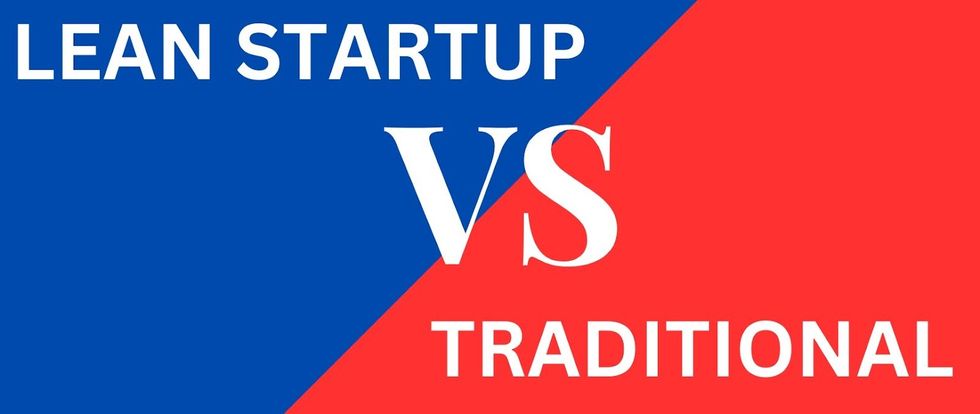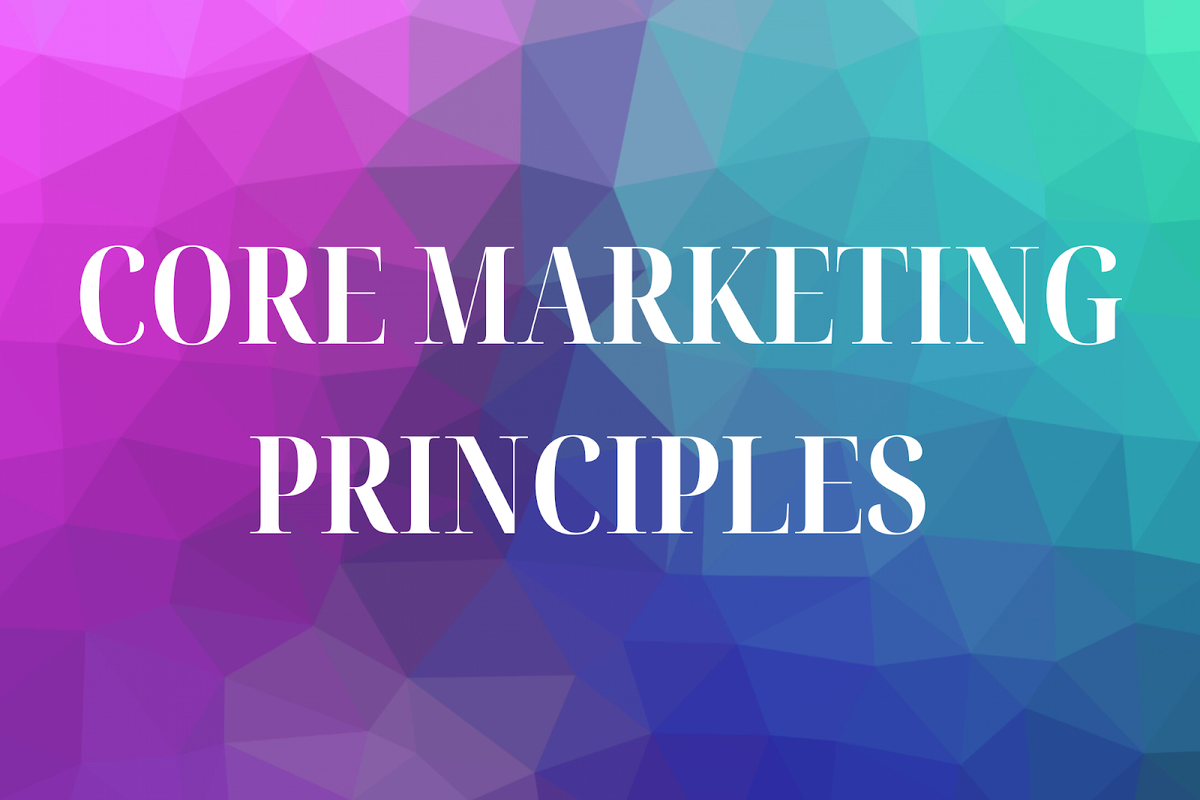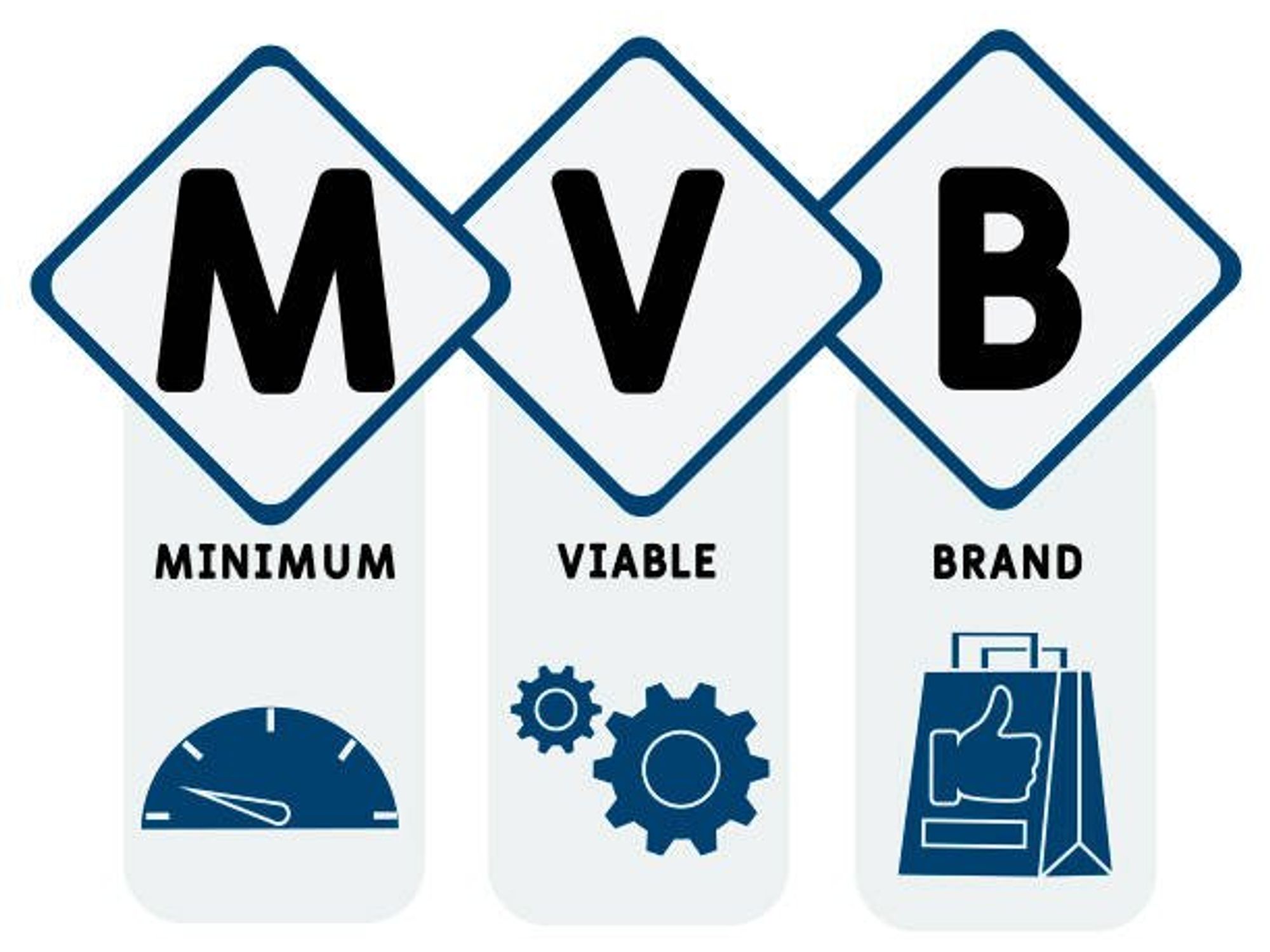Needing to explain what makes you qualified for the position is something that will happen in every interview. You don''t know when this question will come, but it will get asked eventually.

This means it''s crucial to work on your answer ahead of time so you can make a great impression and nab the job. This guide will teach you why interviewers ask this question, and how you should prepare your response.
Table of contents
Why Interviewers Ask This Question
'Why do you think you are qualified for this position?' is a favorite question among many interviewers because it serves several purposes. Before you get the call to come into an interview, hiring managers already have a good idea of your skills and work experiences. So why ask about your qualifications?
Ultimately, it’s an open invitation to sell yourself to interviewers. Think of it as an elevator pitch. Interviewers want to hear about your ability to fill the available role from your perspective, and it''s about going beyond your resume.
Many candidates will have similar experience and skills on their resume, so this question is about assessing your fit and finding other ways to determine if you’ll be an asset to the organization.
Your answer can unveil a lot about you. Not only does it help you demonstrate your eagerness to work, but it’s also a chance to show self-awareness and confidence. That''s why it''s so important to get it right!
How to Answer, “Why Do You Think You are Qualified for This Position?
The question itself is fairly straightforward, but coming up with a great answer requires a detailed approach. Delivering a solid response will significantly improve your chances of getting a job offer while leaving a lasting impression hiring managers will remember.
Here are a few tips to help you come up with an answer that works.
1. Get Familiar with the Job Description & Responsibilities
Before you set foot into the interview room, you must conduct in-depth research about the company. Spend a few days learning as much as possible about the open role and its responsibilities.
Study the job description to get more insight into what hiring managers are looking for out of a candidate. The description will unveil core responsibilities and expectations, but don’t stop there.
You can also learn more about the company by examining its corporate website and viewing social media. Understand the company’s mission statement and operations.
This insight can help you learn more about what hiring managers want out of a candidate. This will prove useful as you reflect on when you''re qualified for the position.
2. List Out Your Strengths and Skills and Relate Them to the Position
Take what you learned during your research and start thinking about your skills and strengths. Make a list to organize your thoughts and create core talking points you want to hit during your response. Then, determine which qualifications are most relevant to the job.
Your goal should be to figure out how to frame your strengths as valuable assets. Consider what the company needs and what the decision-makers want to gain from this hiring process.
Relating your strengths back to the position is a great way to show interviewers exactly why you''re well-qualified. It helps them envision you in the role while addressing most of their questions about what you bring to the table.
3. Show What Makes You Unique
The best way to stand out is to focus on what makes you unique. What can you do that other candidates cannot?
This question often turns into a cliche. There are many canned responses that interviewers have heard millions of times before. Avoid those and stick with thoughtful talking points that make you memorable.
Maybe you have unique transferable skills that can benefit you in compelling ways. For example, having strong public speaking skills, even if you’re working in IT, is a benefit to the team and company. Good communication can positively impact the way you interact with clients, which ultimately helps with retention.
Think about those unique details in your resume and find ways to frame them as can''t-miss qualifications for this position.
4. Keep Your Answer Focused on the Position
Always emphasize how your qualifications benefit the position and the company. It’s easy for responses to veer off course. While you might have many skills and strengths you want to bring up, focus on ones that pertain to the position. Hiring managers aren’t as interested in details that have nothing to do with the job.
Your goal is to convince decision-makers that you’re the best candidate. Your answer needs to emphasize that fact and illustrate your aptitude for success in that role.
5. Share Some Examples
One great way to stand out and add some conviction to your response is to provide real-world examples. When you talk about your accomplishments, back them up with a short story.
Providing examples helps provide more insight, making it easier for interviewers to understand how the strengths you mentioned are relevant to the job. For example, if you say that you have a knack for closing deals, talk about a time when you brought in a huge client for your company.
Showing the results of your skills and strengths goes a long way. It adds authenticity, reassures interviewers you aren’t making things up, and provides a glimpse of what you may do if given the opportunity to land this job.
6. Let Them Know That You’re Excited About the Opportunity
When explaining why you think you''re qualified for the position, always reiterate your interest. You’ll have many chances to show eagerness during your interview. Use these moments to let hiring managers know you’re passionate and excited about the opportunity.
Showing enthusiasm is a big deal. Interviewers often take this into account because companies want people driven to succeed by their natural motivations. They want individuals who aren’t only there for a paycheck.
7. Practice Before the Interview
Finally, this is not a question you want to answer on the spot. Think about what you want to say beforehand and get plenty of practice in to ensure you can respond confidently.
There’s no need to write a script or have a canned response you recite verbatim. Those types of discussions often feel cold and over-rehearsed. Instead, get comfortable talking about why you''re qualified for the position in many different ways.
Practice often to create a thoughtful and confident response that interviewers will remember.
What You Shouldn’t Say in Your Answer
Now that you know what works, let’s talk about what doesn’t. Despite how straightforward this question seems, you can still make plenty of mistakes.
Here are a few to avoid.
Don’t Be Too Cocky
Confidence is a good thing! Hiring managers love bringing on people who are confident in their ability to be qualified for the position.
But there is a fine line between confident and cocky.
Be humble while talking about your skills and strengths. You can be proud of what you’ve done and all you’ve accomplished in your career, but avoid going too far or saying anything that could be misconstrued.
Cockiness can rub interviewers the wrong way, making them think you’re not the right fit for the company’s culture.
Avoid the Cliches
As mentioned earlier, many job-seekers resort to overly simple, canned responses. We’re talking about the, “I’m a hard worker and love my job,” type of answer.
Spend a little extra time preparing so you don''t settle for these as well. Interviewers have heard these answers many times before, and they lack any personal touch that makes you memorable.
While framing your answer and explaining what makes you qualified for the position, you want to focus on your unique strengths and experiences. Avoid the cliches and think outside the box.
Avoid Negativity
As with any interview question response, keep things positive! Don’t lean into self-deprecation or resort to bad-mouthing previous employers. You can be confident without letting negativity enter the conversation.
Doing so will only raise red flags for interviews. Keep things professional and focus on positive results, assets, and how you can benefit the company.
Avoid Rambling Answers
Open-ended questions like this always have the chance of running long. Resist the urge to go into lengthy stories. You can extrapolate and provide real-world experiences, but try to keep things short.
Leave plenty of room for interviewers to ask follow-up questions. Short and sweet is always better.
Sample Answers
We have a few answers to help you understand what a great response looks like. While everyone’s answer will vary based on their unique skills and experiences, you can use these sample responses as inspiration for your own.
Sample 1
The first example is concise and to the point. The candidate has clearly done their research and provides practical examples that prove their qualifications. It works because it gives interviewers precisely what they’re looking for while leaving no shadow of a doubt that the candidate will be an asset to the company.
“I believe that I’m qualified for this position because of my past work experiences. From our conversation thus far, it seems your company is looking for a skilled communicator and someone with extensive marketing experience. I’m that person.
In my last job, I ran a targeted social media campaign that resulted in a 42 percent increase in web traffic and online interactions. I combined my knowledge of social media with my ability to reach audiences to create an impactful campaign that made a difference. I’m eager to bring that innovation here and strive for continued growth.”
Sample 2
Our next example emphasizes a valuable soft skill: Time management. The candidate relates this skill back to the job and tells the interviewer how it can benefit the organization. The response resonates well and provides plenty of insight into how this job seeker will fit into the company.
“From what I learned during my research, this position requires impeccable time management. That’s a skill I pride myself on, and I firmly believe it can benefit me in this position.
When I was in school full-time, I also held a full-time job. I used many techniques to ensure I was always on time and completed all my work and school responsibilities. Despite the chaotic schedule, I thrived!
I used several strategies to maintain focus and hope to apply those skills here. With a position as deadline-heavy as this, I believe that my time management skills can be a true asset to this company.”
Sample 3
Our final example is a response from a candidate seeking a leadership role. The answer emphasizes the importance of teamwork, and the interviewee explains how their strengths can benefit the company.
“Some of my strongest skills are communication and working with the strengths of others. From what I’ve learned, this position involves ample collaboration.
During my last job, I had a leadership role that required me to manage multiple teams. Sometimes, I would have to work with teams with whom I had zero experience. But despite not knowing those teams well, I quickly identified their strengths and delegated tasks they would excel in most.
I believe that knowing how to utilize everyone’s skills is the best way to help a team reach its full potential. That’s something I do well, and it can make a difference here.”
Conclusion
'Why do you think you''re qualified for this position?' is an interview question that comes up all the time. It''s one of the most effective ways for hiring managers to explore what you have to offer as a candidate.
If you follow our recommendations and spend some time preparing your answer, you''ll shine when it gets asked to you.
The post Why Do You Think You’re Qualified For This Position? appeared first on Career Sherpa.












